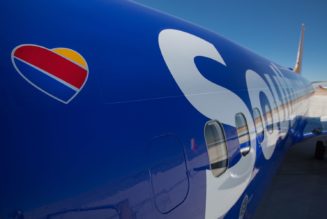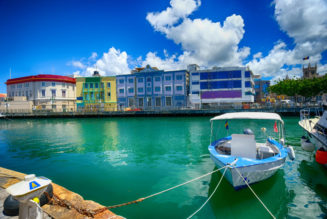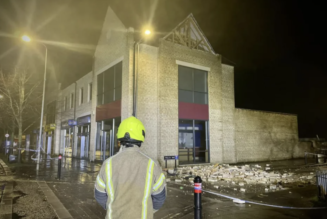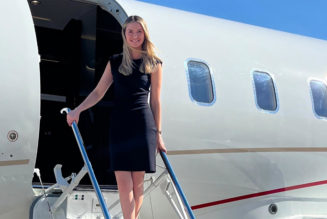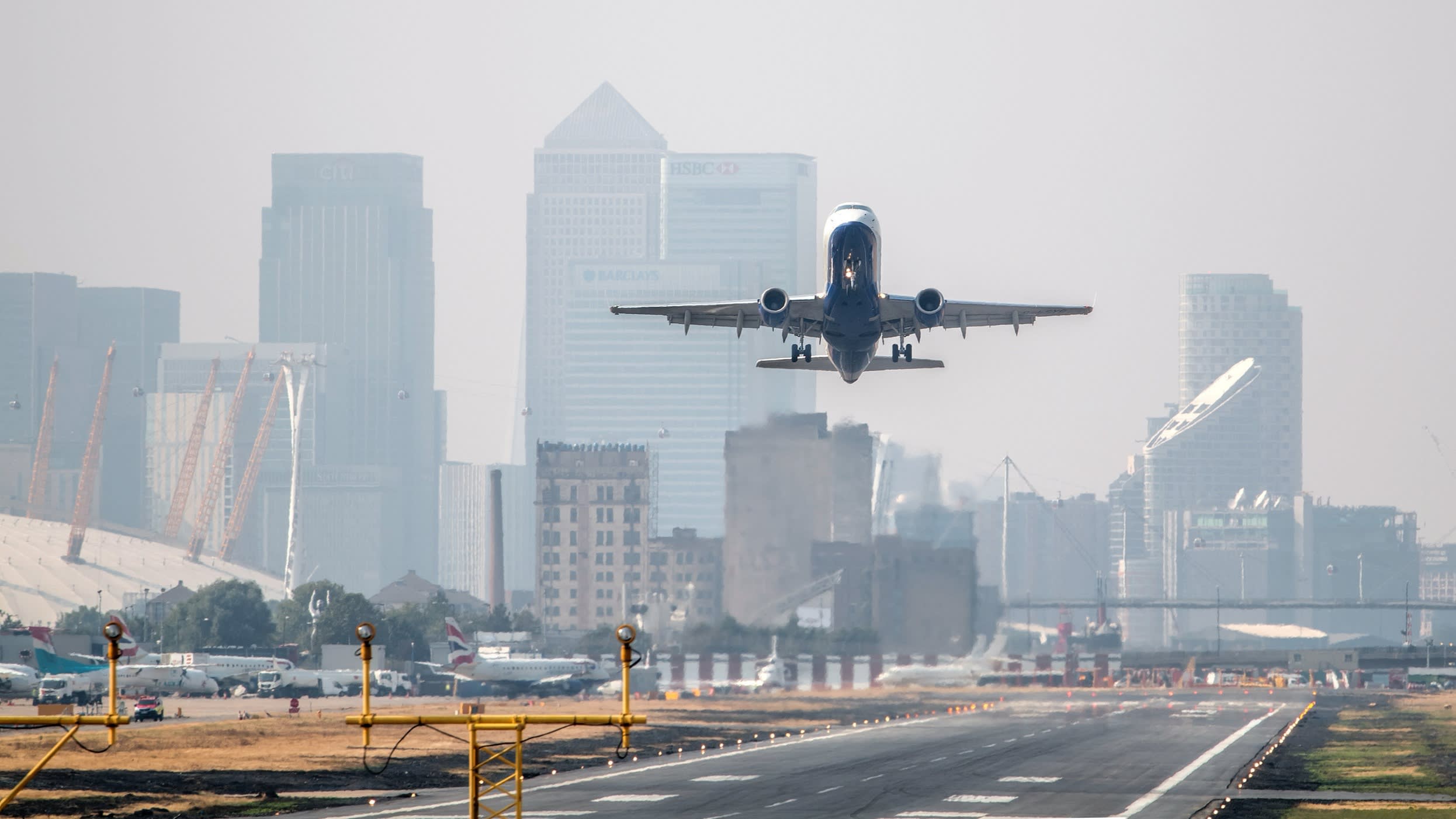
During the dark days of travel restrictions, European airlines provided a neat demonstration of the limits of virtual meetings.
Top airline chiefs on video link at an annual industry summit in 2021 were left bemused when an online panel unravelled as the moderator’s line failed. The host returned after CEOs tried to fill the time talking about their holiday plans, but disappeared again after falling off his chair.
It was more engaging than many conferences, but also proved a point: predictions of the demise of business travel following the rise of video conferencing platforms such as Zoom and Microsoft Teams were off the mark.
Microsoft founder Bill Gates predicted that more than 50 per cent of business travel would disappear, and even some senior airline industry bosses thought a significant chunk was gone forever.
But in reality, executives have been quick to abandon video calls and get back on the road. Like many changes that seemed permanent during the pandemic, old habits have steadily returned.
Most strikingly, InterContinental Hotels Group has reported that corporate travel demand and revenue in the US has already returned to pre-pandemic levels.
At US airline Delta, business travel has recovered to “somewhere in the mid-80s” per cent of normal levels, while the recovery is slower but building in Europe. British Airways owner IAG said corporate bookings had returned to 70 per cent of normal, and it was aiming to get back to 85 per cent this year.
Corporates are still lagging behind booming leisure travel, but previous downturns suggest that business trips typically take longer to come back, meaning there should be room to grow further. McKinsey has calculated that international business travel from the US took five years to fully recover from the global financial crisis, while leisure travel was back within two years.
The recovery comes despite the startling cost of flying. British Airways, American Airlines and Virgin Atlantic were last Thursday all quoting more than £7,500 for a return business class trip between London and New York in the last week of April.
The prices reflect the higher cost of airline operations and flight capacity that is still lower than before the pandemic across the industry. But they also reinforce the exuberant appetite for flying. Airlines set ticket prices to reflect demand, and passengers and corporates are swallowing these prices despite continued pockets of travel disruption this year, including more than 300 flights cancelled in 10 days from London’s Heathrow airport because of a strike.
Ariel Cohen, the founder of corporate booking platforms Navan, said his business has seen a change in the mix of people travelling, with a slight drop off from classic travellers such as people working in sales, but a rise in internal travel because of hybrid working.
“The theory is that because you have more remote work, people need to meet more because they don’t know each other,” he said.
The future of corporate travel is economically significant. The industry claims it indirectly supported one in seven jobs worldwide before the pandemic, and touted annual revenues of $1.4tn in 2019. For many airlines, it’s existential: business travel generates as much as 75 per cent of airlines’ revenue on some international flights, according to auditing firm PwC.
But if the pandemic could not kill off the road warrior, might heightened environmental concerns? Emissions from travel can form a significant part of companies’ emissions, leading to a crackdown in parts of the corporate world.
PwC, for example, has disclosed that air travel accounts for 68 per cent of its emissions, and has pledged to “reduce unnecessary journeys”.
Airlines are conscious of this growing threat, and have unveiled ways for their corporate customers to lower their emissions by paying for sustainable fuels or offsets when they book, in the hope of encouraging people to continue to travel.
So far, it seems to be working. But whether the industry can convince its companies that its decarbonisation efforts are credible looks like a more significant challenge than getting people to step away from their computer screens and back to meeting in person.





